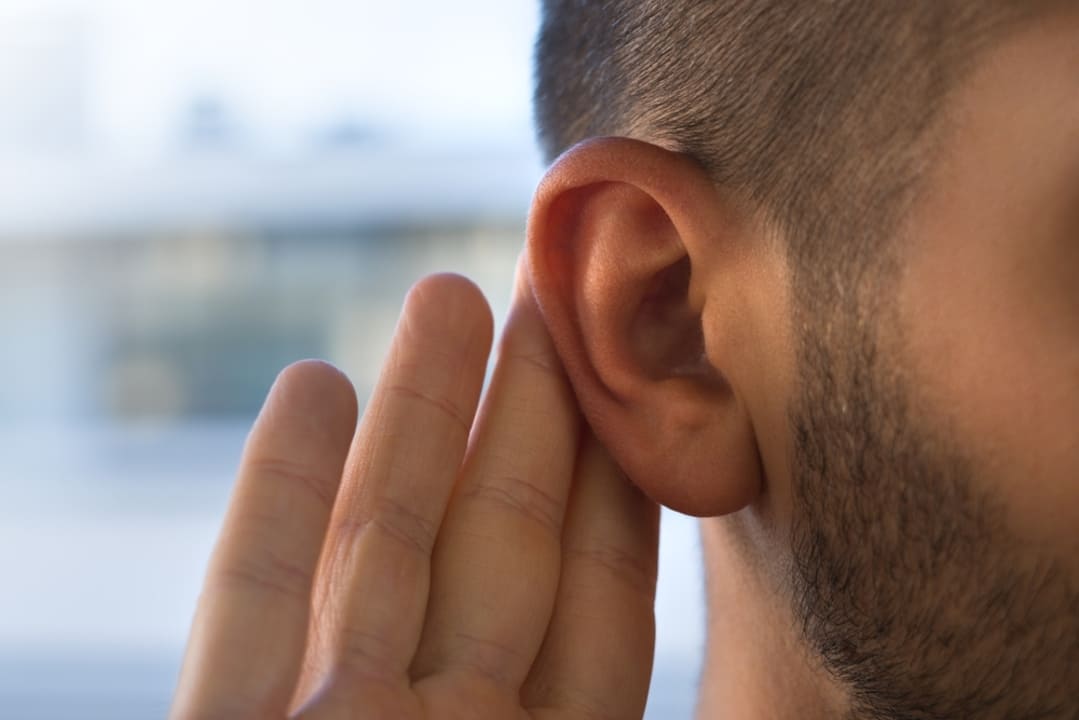Category: Physical Conditions
-

What to Know if Your VA Claim was Denied for Not Being Service Connected
Receiving a denial letter stating that your VA claim has been denied because your condition is not service connected can feel like a frustrating setback. However, it’s often a matter of missing or insufficient medical evidence. When the VA denies a claim because the condition isn’t linked to service, they’re telling you the medical proof wasn’t strong enough to establish service connection. Understanding the critical role of…
-

What is a VA DBQ?
A disability benefits questionnaire, or DBQ, is one of the most valuable tools you can use to strengthen your VA disability claim. It’s designed to provide the VA with a clear, standardized snapshot of your medical condition, directly from a licensed healthcare provider. A DBQ makes the VA’s review process smoother and faster by providing detailed, structured medical…
-

10 VA Secondary Conditions to Radiculopathy
Radiculopathy can have far-reaching effects beyond nerve pain, often leading to a variety of secondary health conditions that impact your daily life and overall well-being. These VA secondary conditions to radiculopathy can include musculoskeletal issues, chronic pain syndromes, sleep disturbances, and even mental health challenges. This post covers 10 secondary conditions to radiculopathy, explains VA…
-

5 VA Secondary Conditions to Shoulder Pain and How to Prove Service Connection
For many veterans, lingering shoulder pain isn’t just an isolated injury; it can trigger a chain of related health issues that affect daily life and overall well-being. VA secondary conditions to shoulder pain, such as back pain, neck strain, limited use of hands or fingers, nerve problems, and mental health challenges, may qualify you for…





